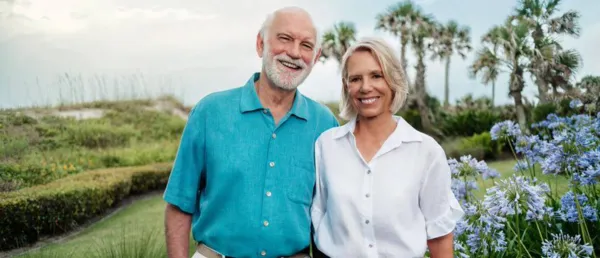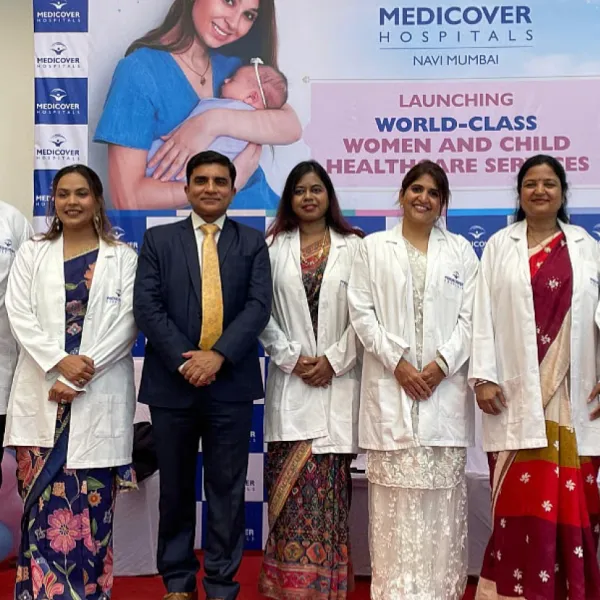SCTIMST Transfers Five New Indigenous Medical Device Technologies to Industry

SCTIMST has developed and transferred technologies for intracranial and subdural electrodes to Synapticore Technologies, aiming to lower the cost barriers in neuro-intervention by replacing costly imports
The Sree Chitra Tirunal Institute for Medical Sciences and Technology (SCTIMST), based in Thiruvananthapuram, has announced the transfer of five homegrown medical device technologies to industry.
The move aims to further its mission to strengthen India’s indigenous medical device ecosystem.
According to Harikrishna Varma, head of the BioMedical Technology wing at SCTIMST, the institute has a strong legacy in medical device R&D and commercialization.
Among the technologies transferred is an indigenous Deep Brain Stimulator (DBS) system for managing Parkinson’s disease and dystonia, developed in collaboration with the Bhabha Atomic Research Centre and supported by the Department of Science and Technology.
This technology, now licensed to Shree Pacetronix Limited, marks a step forward in making advanced neurostimulation therapies more accessible.
In addition, SCTIMST has developed and transferred technologies for intracranial and subdural electrodes to Synapticore Technologies, aiming to lower the cost barriers in neuro-intervention by replacing costly imports.
The institute also transferred a lab animal handling system, ‘Mice Transfer and Enrichment Box-Tunnel System with securing gates’, to Citizen Industries. This technology supports stress-free handling of lab mice, which is crucial for producing accurate scientific data.
A plasma fractionation technology enabling small-scale extraction of four critical plasma proteins, fibrinogen, thrombin, albumin, and immunoglobulin, was also transferred to Synapticore. These proteins have therapeutic applications ranging from wound healing to cancer and immune system disorders.
Another key innovation transferred this year is a chitosan-based antioxidant wound dressing that offers controlled antibiotic delivery for chronic wounds. This sponge dressing, licensed to Vranova Biotech, Mumbai, can deliver drugs over 48 hours and promote faster healing.
The institute has also completed a proof-of-concept project for developing in-house Reference Biomaterials aligned with ISO 10993 standards for biocompatibility.
In collaboration with CSIR-NPL, SCTIMST aims to establish Certified Indian Reference Materials under the trade name “Bharatiya Nirdeshak Dravya” to support regulatory needs in medtech development.
SCTIMST has completed 90 technology transfers, holds 248 Indian patents, 28 foreign patents, and 84 design registrations.
Stay tuned for more such updates on Digital Health News.
Stay tuned for more such updates on Digital Health News
































